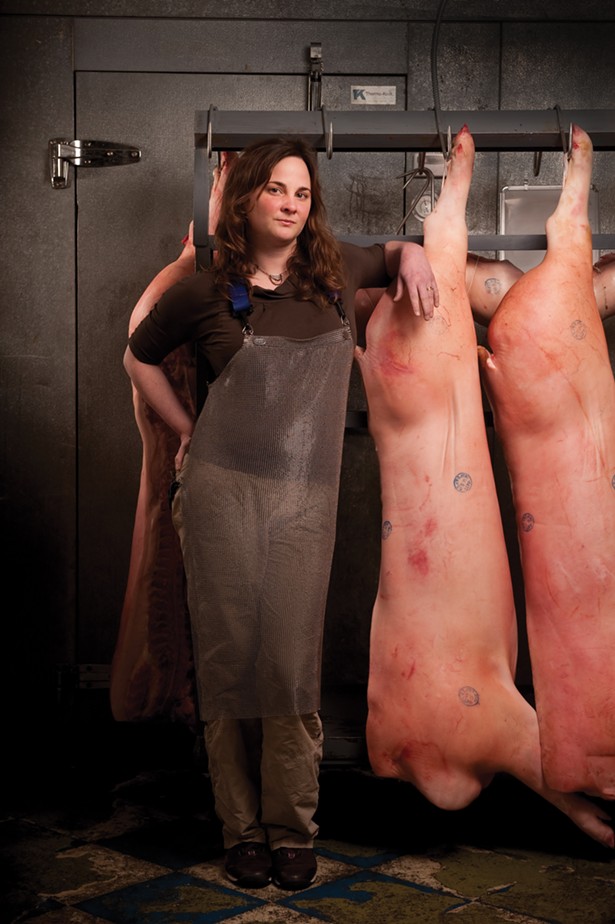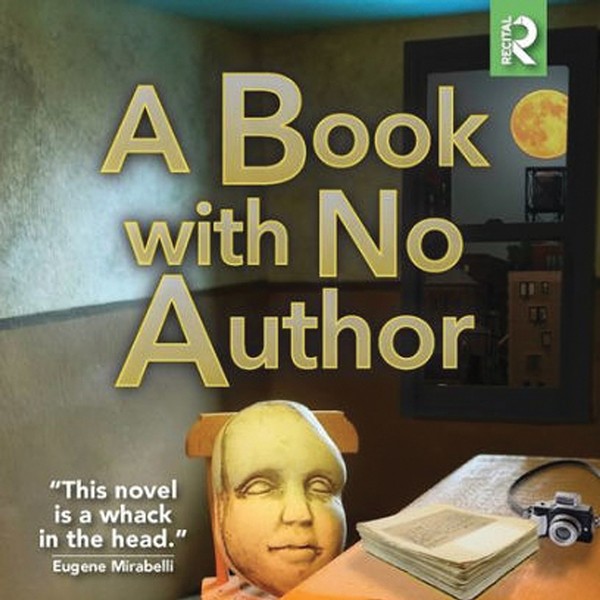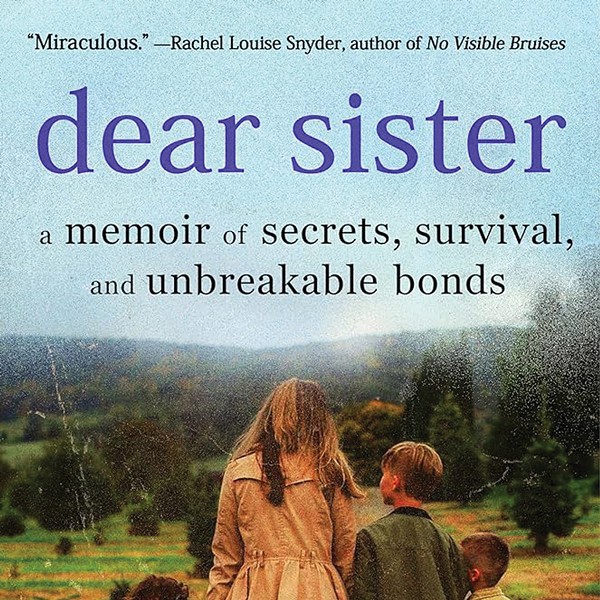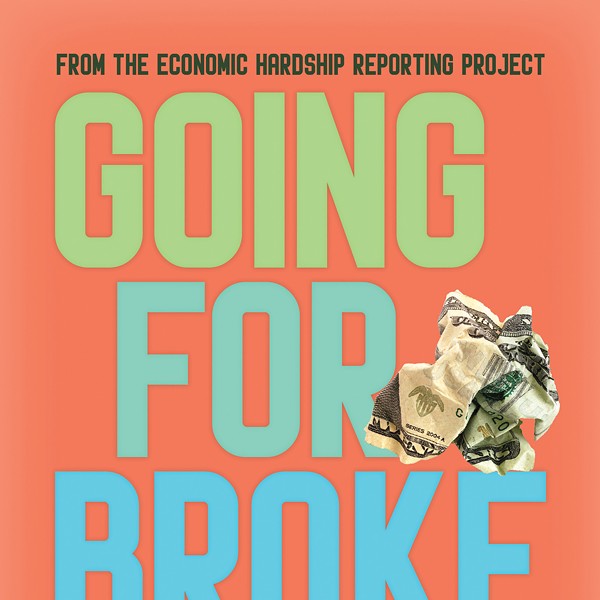
Julie Powell doesn’t mince words. Her second memoir Cleaving: A Story of Marriage, Meat, and Obsession (Little Brown, 2009) is a startling follow-up to the bestselling Julie and Julia, which inspired one of the summer’s most effervescent films, starring Amy Adams as Powell and Meryl Streep as Julia Child.
Julie and Julia started its life as a blog. With her 30th birthday looming, Amherst-educated cubicle worker Powell (“government drone by day, renegade foodie by night”) set out to cook her way through Julia Child’s masterpiece Mastering the Art of French Cooking: 524 recipes in 365 days. The ups and downs of this “deranged assignment,” detailed in her signature breezy, tell-all style, won a huge online following and landed Powell book and movie deals.
Happily ever after, right? Only in the movies.
If Julie and Julia was a frothy soufflé, Cleaving is beefsteak tartare. This tale of carnal and carnivorous yearnings is not for all palates, but if you like your memoirs raw and juicy, it won’t disappoint.
Powell enters a Manhattan coffeeshop with a gust of winter wind. She doesn’t look a thing like Amy Adams. Her hair is dark, her brown eyes sharp and bright. She’s wearing a parka over a nubby brown sweater with a few stray pine needles in the weave, a distinctly nonurban, nonceleb outfit. Her conversation is equally down-to-earth; she can be jaw-droppingly uncensored. Even when gleefully skewering fellow authors with phrases like “sanctimonious prick,” and “smug bitch,” Powell never invokes the dread “off the record.” “I’m a pretty confessional kind of girl,” she says with a grin.
Indeed. “Cleaving” is one of those rare English words with near-opposite meanings; its dictionary definitions include “to stick or adhere, cling or hold fast” and “to split, rend apart.” In Powell’s case, both meanings are equally apt.
The high-pressure Julie/Julia Project sent shock waves through a relationship that began when both partners were still in their teens. By the time Julie and Julia was published, Powell was deep in the throes of an obsessive, sexually kinky affair, and her husband Eric was seeing another woman. “During the book tour, we were separated. And I’d written a book about this wonderful supportive marriage, which was true at the time,” she asserts. “But by the time it came out, things were so much thornier. So there was a certain amount of cover-up. It made me feel like a liar.”
Cleaving uncovers the truth with a vengeance, describing Powell’s marital struggles and her apprenticeship at Kingston’s celebrated Fleisher’s Grass-Fed and Organic Meats. Fleisher’s, writes Powell, became “My haven. My butcher shop. I spend my days now breaking down meat, with control, gentleness, serenity. I’ve craved certainty in these last troubled years, and here I get my fix.”
Why butchery? “For me, it’s not that strange,” says the author. “I’ve always been fascinated with food, and butchery is a craft I’ve always admired.” She isn’t alone: the New York Times recently ran a food feature titled “Idols With Cleavers Rule the Stage,” about the new breed of cool-dude butchers with “swinging scabbards, muscled forearms, and constant proximity to flesh.”
“It’s definitely a sex thing. I find it hilarious and a little bit overblown,” says Powell, who nevertheless describes Fleisher’s co-owner Josh Applestone as sporting a “Seventies porn star mustache.” In the rock-star butcher hall of fame, she says, “Josh is the big, buff guy” and Tom Mylan of the Meat Rack is “the Williamsburg hipster—he’s a wild man, the Hunter S. Thompson of butchers.”
“I was so lucky I did my apprenticeship with Josh and Jessica—they’re such amazing, generous people. We matched up real well,” Powell says. The Applestones clearly agree—they’ve devoted a page of their website (www.fleishers.com) to Cleaving. Powell’s husband was not quite so sanguine, though he—and the Other Man, identified only as “D.” for the bulk of the book—granted Powell permission to write about their entanglements.
“Does it feel like Cleaving is a betrayal, exposing something that shouldn’t be exposed?” Powell asks. “I think it’s a good thing to talk about how hard even a really good marriage can be.” Her only regrets are for Eric’s discomfort. “He’s a much more private person than I am. It’s not coincidental that I found my voice as a writer on the eve of this new blogging medium. I was always a person who spilled—that was why blogging connected so much,” she explains. “There’s a freedom you get, and a sense of communion with people. Twenty-first century life is so fractured, it’s so difficult to feel grounded. A blog is an effort to reach out and say, ‘Here I am.’”
Powell talks fast, often using her hands; sometimes her fingertips seem to be tapping a text message onto the table. Hints of her native Texas still pepper her speech—when asked how many interviews she’s done, she drawls, “Oh, sweet God. Dozens and dozens and dozens.”
Topping the list of questions she never wants to be asked again: What was your favorite Julia Child recipe? (If you must know, in the LA Daily News she picked Bifteck Sauce Berce With Shallot and White Wine Sauce. And no, she never did meet Julia Child.)
Powell did meet Nora Ephron, the movie’s writer and director. “She had my whole blog printed out on pink paper,” she laughs. “That’s so Nora. She’s this ferocious woman—all sharp edges, very, very smart in a very particular way, with a very particular worldview. So of course she goes and makes it into a Nora Ephron movie.”
This included casting the role of Julie Powell. “Amy Adams is completely adorable, and she makes perfect sense in Nora’s movie,” says Powell, who has elsewhere described the actress as “completely un-me like.” She imagined someone “more neurotic, weightier. Before casting became a reality, I used to say Kate Winslet. She’s a good cusser, a little earthier—she looks like she might actually enjoy eating butter.”
In one of Powell’s blogs for the website Double X, titled “What ‘Julie & Julia’ Butchered,” she deftly displaces her frustrations to the movie’s miscasting of her beloved cat, concluding, “It is my role now to be the good author, to be meek and sweet and endlessly accepting of harsh words and misinterpretations, no matter how much I might want to scream, in weaker moments, ‘But that’s not ME!’ Er, I meant, ‘That’s not my cat.’”
Meek and sweet Julie Powell is not. Her blog is now called “What Could Happen? Musings from a ‘Soiled and Narcissistic Whore.’” This is one of the gentler epithets that’s been thrown at Powell since she revealed her extramarital affair in Cleaving. The backlash against her became so intense that fellow food-blogger Jennie Yabroff published a Newsweek piece titled “Stop Hating Julie Powell, Please.”
“People have very strong reactions and feelings about this book,” Powell says. “I was really surprised by how intensely people reacted to adultery and infidelity by a woman. It’s a really visceral reaction. To me, it’s not that shocking—nothing Philip Roth didn’t write about 40 years ago. But the things people say about me, to me, online.” She shakes her head, speechless for the first time. “There’s a code of adultery. It’s acceptable if your partner is cruel, or not giving you something you need. But this was because I had a relationship with this other man, not because Eric was lacking in some way.”
Some readers find it hard to sympathize with a woman juggling a generous, supportive husband and an irresistible bad-boy lover, griping that Powell wants to have her steak and eat it too. Others find her too unfiltered. “I’m often accused of the TMI thing,” she concurs. “But memoirists are memoirists because writing through their experience is a vital piece of processing. I was in the middle of this insane, crazy thing—I wouldn’t have gotten through it without writing.”
Writing memoir is often a road to self-knowledge, and Powell is one of many celebrated memoirists slated to appear at the Woodstock Writers Festival, February 12-15 (www.woodstockwritersfestival.com). Susan Orlean, whose wild ride from book (The Orchid Thief) to Meryl Streep movie (Adaptation) makes Ephron’s transgressions look pale, will appear Friday night. Saturday’s headliner is best-selling writer (Not Becoming My Mother) and PBS star Ruth Reichl.
“Love, food, and literature form the succulent base for this ‘moveable feast,’” says Literary Director Laura Shaine Cunningham, one of the festival’s founders. Executive Director Martha Frankel adds, “We’re hoping Julie will be as uncensored in person as she is in print.” Powell will read, sign books, and “give great Q&A” at the Bearsville Theater on Sunday, February 14 at 8pm. “The lineup of writers is awesome,” she says. “I can’t wait.”
Powell and her husband own a country house in Olivebridge, but lately they’ve been trapped in Queens by a series of pet health crises. Their brood includes three cats (one 17, with kidney disease), a 110-pound dog (lame), and a five-foot ball python named Zuzu Marlene, who’s been with Powell since 1993. “We’re a decrepit bunch,” Powell admits. She and Eric are currently seeing a couples therapist. “It’s not all tied up with a bow, but we’re committed to working on it,” she reports. They’re learning to compromise—despite his reticence, Eric agreed to be taped at home for an "Oprah" segment, but not to appear live on the show.
Powell shifts in her seat. “I need to go home and help clean the apartment for Oprah,” she says, pulling her parka back on. The handshake she offers is firm enough to crack pigs’ knuckles, though she’s no longer working at Fleisher’s.
“I’m a recreational butcher these days,” says Julie Powell, who’s just started writing a novel. “I am now the turkey carver for sure.”
















